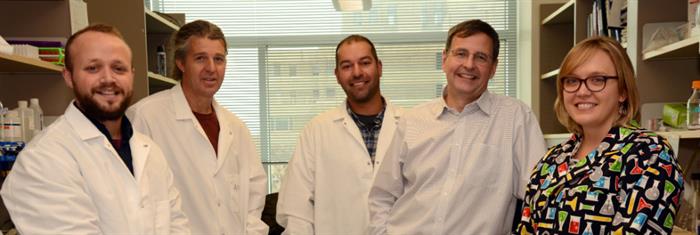Foreman Lab

The Foreman Lab at the University of Colorado Anschutz Medical Campus conducts translational laboratory research in childhood brain tumors. Based on very strong links with the CCBD brain tumor clinical groups, their laboratory studies are targeted towards addressing the most clinically relevant questions.
The two main areas in which the lab specializes are (1) genomic and transcriptomic study of the entire spectrum of childhood brain tumors, and (2) development of novel therapeutic approaches for those brain tumor most in need of improved therapy.
The Foreman laboratory initiated a Pediatric Brain Tumor tissue bank in the late ’90s and has now collected tumor and other biological specimens from almost 1,200 patients – all with comprehensive clinical annotation.
By applying gene expression microarray technology, and now next-generation sequencing, to this resource the Foreman laboratory has gained novel insights into the biology of the majority of different brain tumor types. These findings have led to numerous novel areas of investigation.
One of the most significant findings from these studies was that the immune system plays a critical role in the clinical outcome of pediatric tumors. This information has helped us to design novel immunotherapeutic approaches for less toxic treatments of pediatric brain tumors such as ependymoma. These clinical approaches are now advancing to clinical trials for children with brain tumors.
Also as a result of the tumor collection protocol, Dr. Nicholas K. Foreman’s laboratory has succeeded in establishing novel cell lines, in particular cell lines for ependymoma, which were not previously available.
The laboratory is now applying high throughput testing to identify chemotherapeutic vulnerabilities in ependymoma, a tumor for which there is currently no effective pharmacological therapy. By screening of drugs that are can be safely used in the clinical immediately in children, we intend to identify ependymoma specific therapies that can be moved immediately to clinical trials.